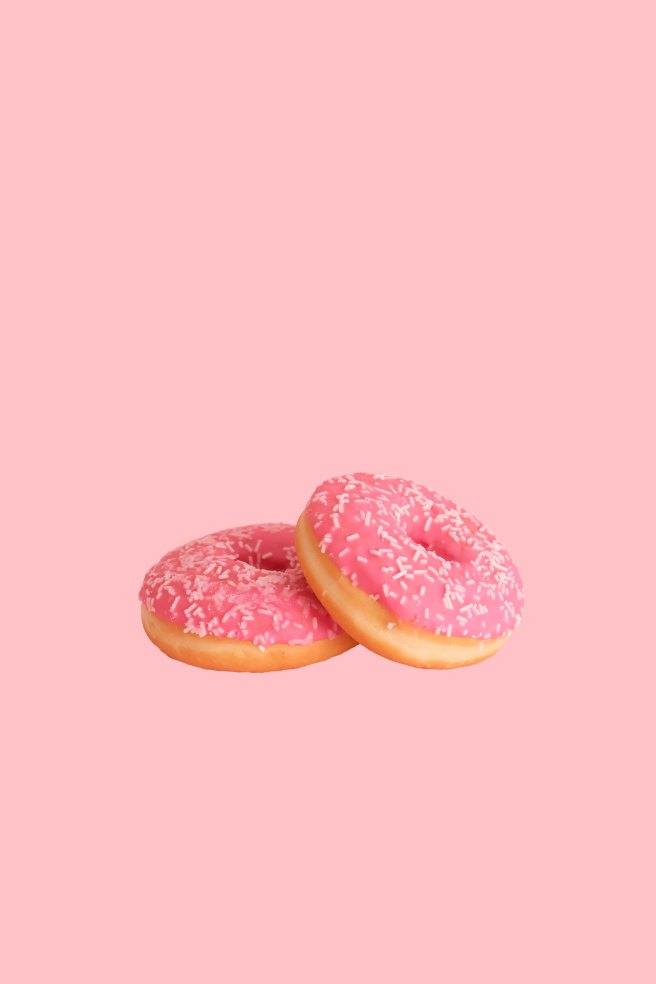I’ve written about my struggles with weight before. They’ll never go away. Since engaging on social media, it has become glaringly apparent that every woman- and perhaps every person- struggles with body image. How could we not? The health and fitness and food industries make up multi-billion dollar sectors. Not to mention pharmaceuticals and healthcare.

So, I want to share a little bit about my struggles and comment on how widespread fatphobia and fat-shaming are. First- I am not “fat.” Of course there is no standard, but I live with what we might call “thin” privilege. I am not thin, but I can generally fit into a clothing size at most stores. I can afford healthy food like fresh vegetables, and even to bake for fun. Perhaps the biggest privilege I have is time- time to cook once or twice a week, time to work out. I used to work as a personal trainer, and learned how to “eat real food,” “burn fat through High Intensity Interval Training,” and in general “live a fulfilling and healthy life.” As if our bodies could determine how we feel about our worth- and they often do.
The time in my adult life when I weighed the least was during my first full time job as a college chaplain. I busied myself with work- staying long hours, working out early in the morning, making almost all of the food that I ate each day. Work was overwhelming. On most days I didn’t eat lunch until 4, and then I was full for dinner. Admittedly, it improved my confidence. My clothes fit. I didn’t worry as much about keeping my arms close to my body when someone took a picture so they wouldn’t look huge. But I never once said “this is enough. I feel content with my body.”
When I was 14, a doctor told me my throat was closing and not allowing me to swallow food because I was overweight. She even offered a medical explanation. It took five years to discover, after working to lose weight and still having issues with swallowing, that the problem stemmed from a soy allergy. But the humiliation remained- I was fat and I hated myself. A professor once told me doctors are the best salespeople- we trust them, even if their recommendations cost us thousands of dollars and life-long shame.
I started reading a new article called “Everything You Know About Obesity is Wrong” by Michael Hobbes. The first parts, mainly describing the history of discrepancy between known health issues and policy change made me pause. Then I started bawling. It was the story about a mom who attends a kid’s birthday party every week and didn’t eat in front of the other moms or kids because she is fat that brought on the tears. She waits to clean up all the leftovers, takes them home, and when her kids go to bed, she finally eats. No one watching. She replaces an entire tub of ice cream so no one will know she ate the whole thing because she’s a “good fatty.” I’ve done that- I’ve hidden food, stashed it, and looked forward to it- my secret. And the next day, I workout twice as long to “burn off the sin,” promising that I will have more willpower, that I’d rather fit into my clothes than eat the cupcake, and somehow will feel better about my life if all of this goes to plan. It never does. I love to bake- I’m really good at it, and in my work where there are no “answers,” it feels great to make something the right way.
I know my experience is probably quite normal. Because fat-shaming is normal and we do not talk about it, except to complain to each other about our own weight and subsequently assure each other that we’re wrong. It is not acceptable to accept someone’s assessment of their own weight because the weight itself is not acceptable. Especially as women, we must continually strive to be less so we can have more.
“I am unlovable.” Have you ever, even subconsciously, thought or felt this? A particularly toxic consequence of fat-shaming is this notion that our weight and body determine who can care for us. Unfortunately, I have witnessed that people treat me differently even within a seven-pound spectrum. Largely, people who live with thin-privilege also live with access to a public legitimacy- no one questions their abilities, habits, lifestyle, or drive as a fat person would experience.
I don’t have an answer yet except to start talking openly with one another about “fatness” as a permanent identity, not one that we can change. Losing weight never changes the constant fear of a “lapse,” or going back to “who we were.” Body-positivity is great, but not enough to truly explore the constant shame that comes with “being fat.” And talking about this kind of identity without openly exploring how race, gender, ability, CLASS (!!!), nation of origin, mental health and other identities interact with the body as a marker will do no good. Size is an identity, one of many a person holds.
One helpful thing I do is try to recognize when I feel shame about my body because chances are, I can change my own behavior toward others if I am more aware. I’m going to keep baking because it’s something I love to do. Cupcakes anyone?

You capture your journey through this mire of body dismorphia and societal induced fat shaming with such vivid accuracy. I appreciate how you layer in the economic and social aspects of this that are so often ignored too. Thank you for writing!
LikeLike
Thanks for reading! And absolutely- the fact that I could write and share this evokes a particular privilege as well, so I want to be very conscious of that.
LikeLike